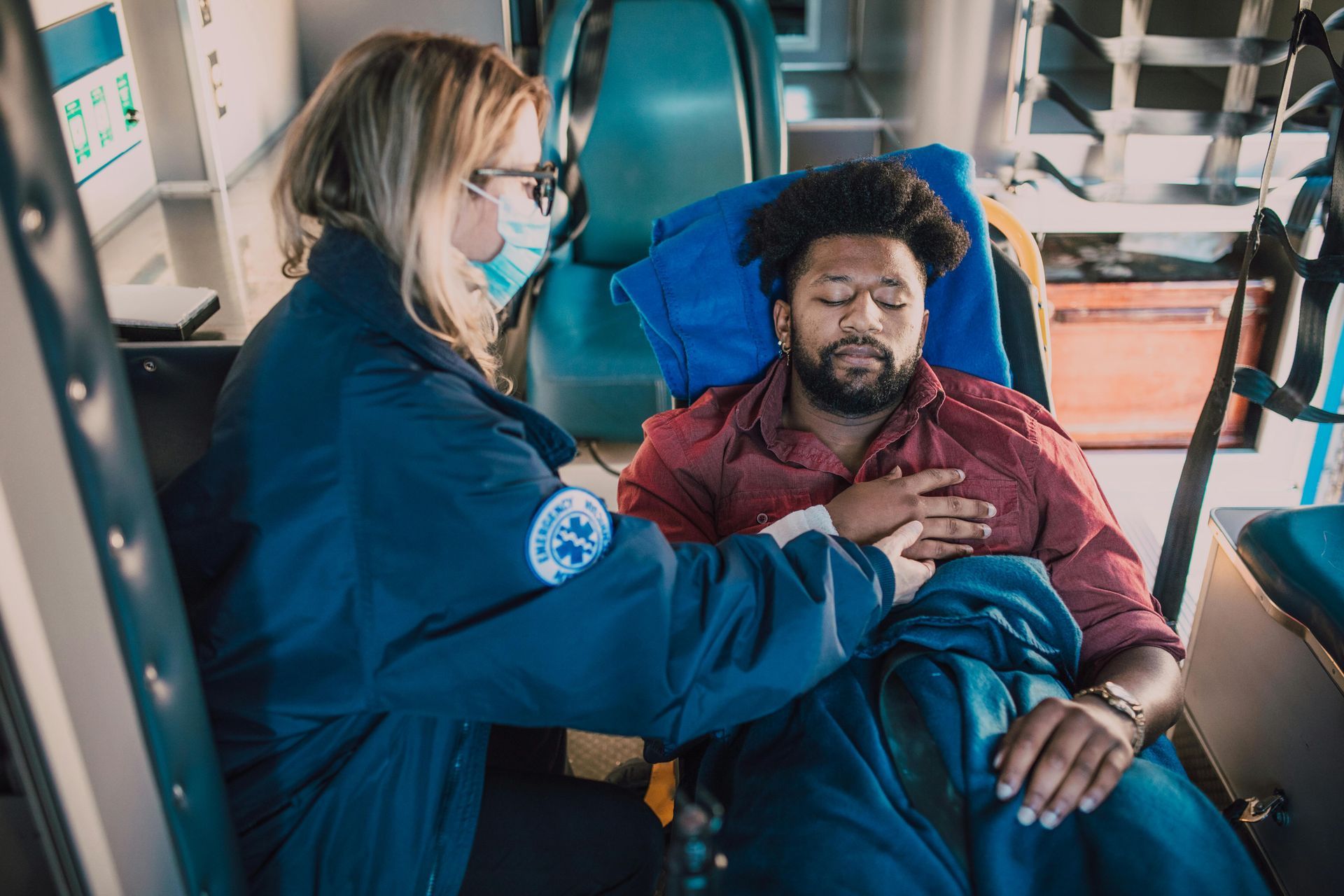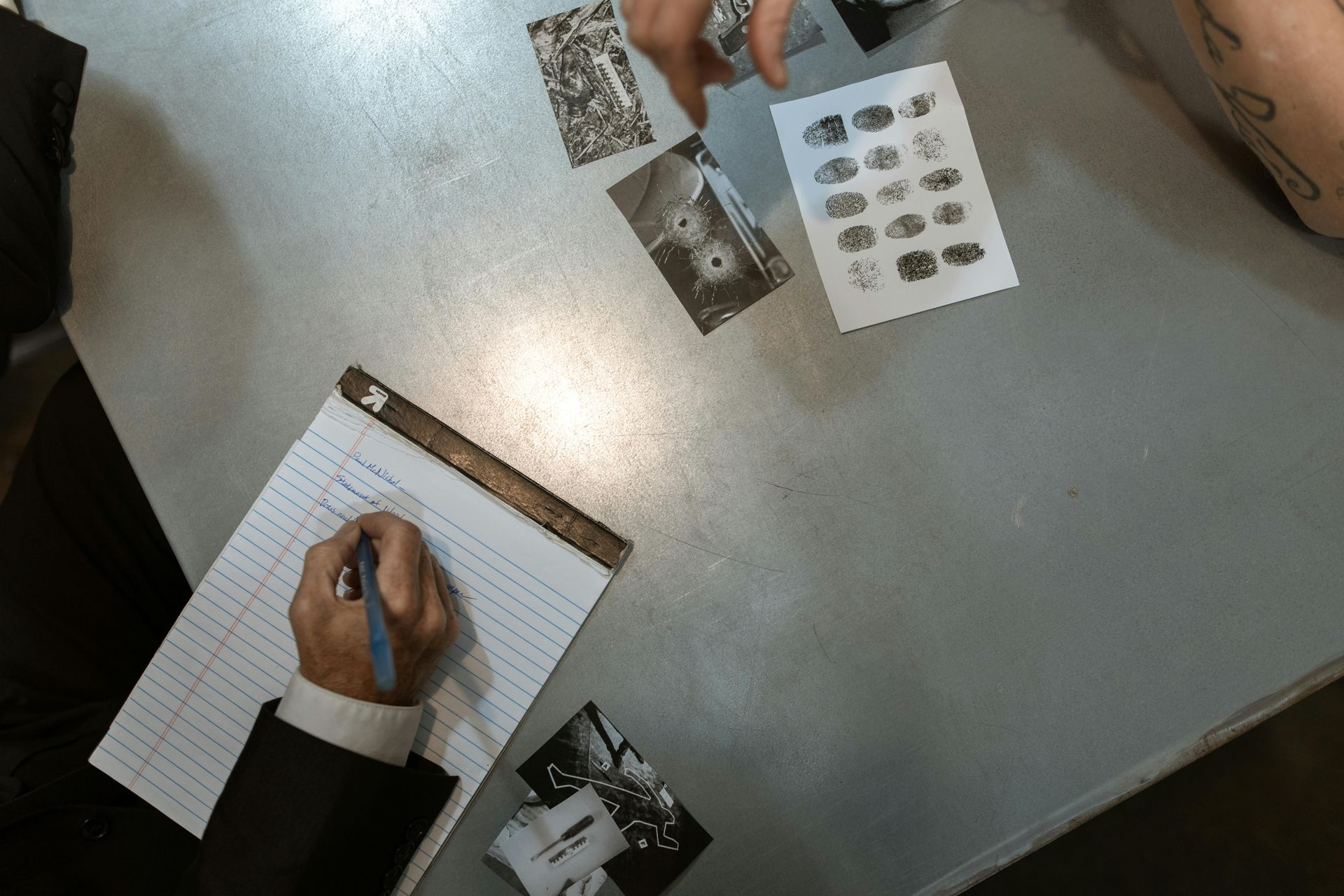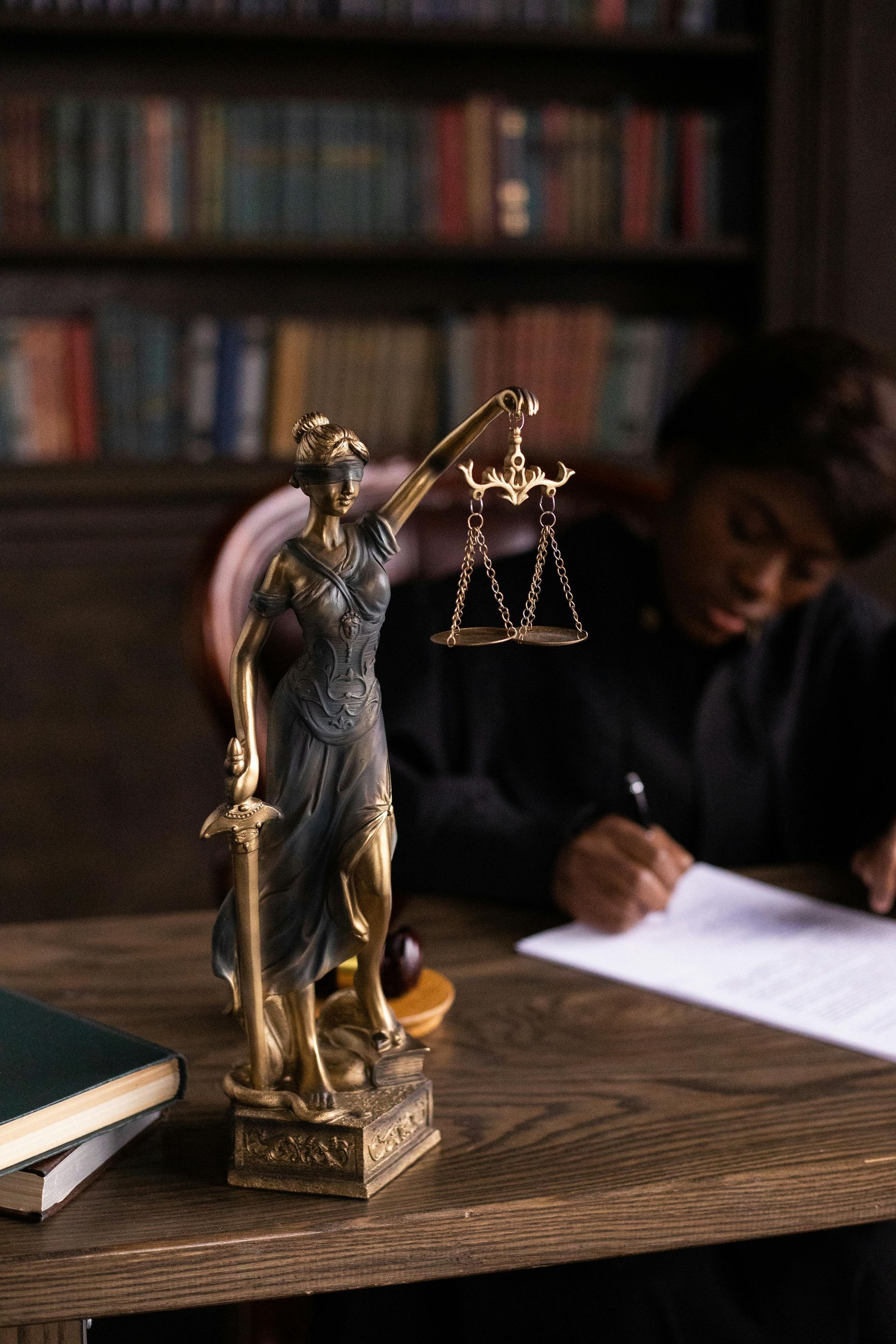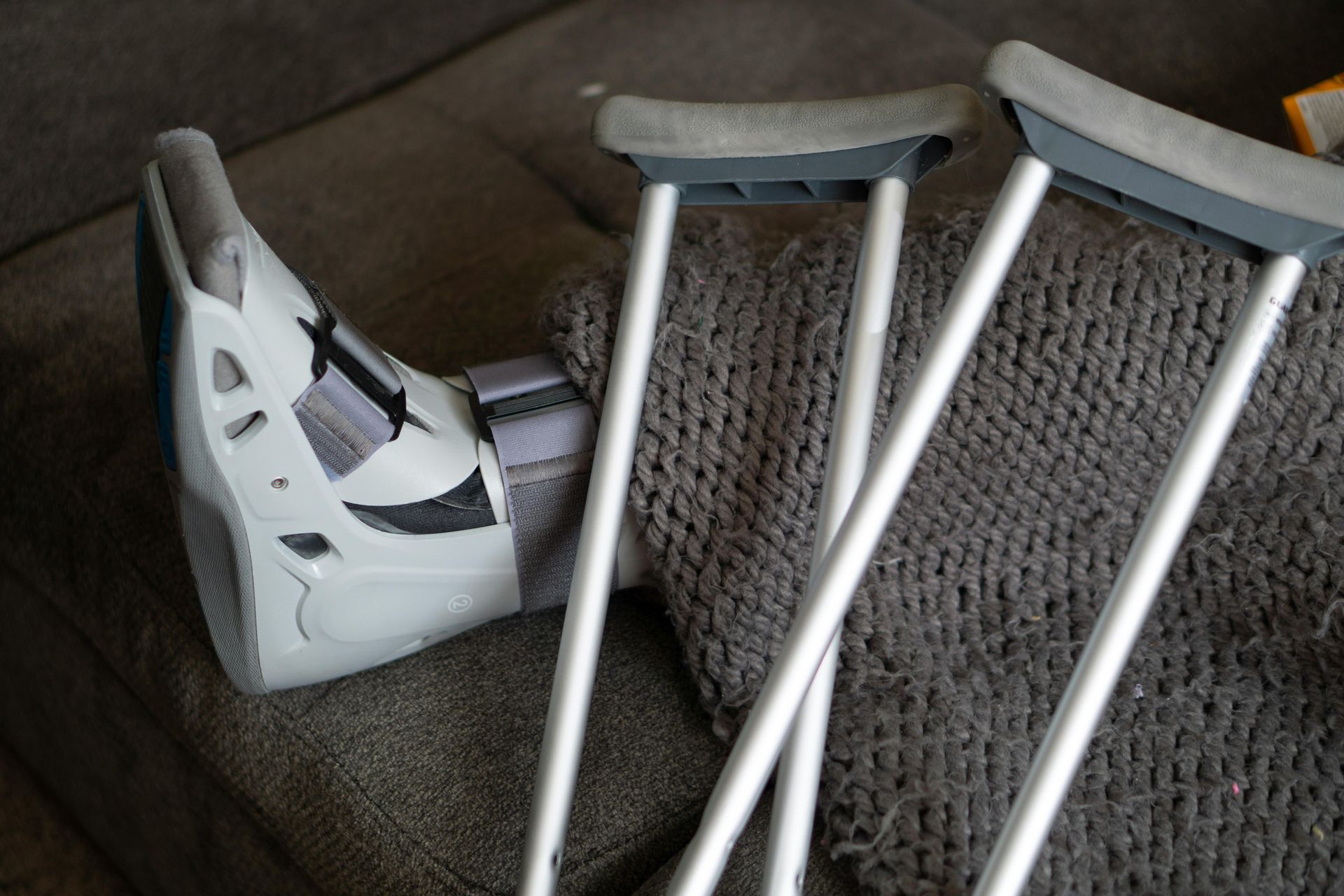Understanding the Elements of a Criminal Charge in Miami, Florida
Getting arrested and charged with a crime can be one of the most frightening and confusing experiences of a person's life. The criminal justice system is a complex maze of laws, procedures, and legal terms that can feel overwhelming without the right guidance. In Miami, Florida, being accused of a crime means facing a system that requires a prosecutor to prove your guilt beyond a reasonable doubt. This is a very high burden of proof, and it is built on the foundation of specific legal requirements, known as the elements of a criminal charge.
At Lett Law Firm, we believe that understanding these fundamental concepts is the first step toward building a strong defense. Ariel Lett, ESQ., the Founding Attorney of Lett Law Firm, is one of Miami's Top Criminal Defense, Personal Injury, Car Accident, and Civil Rights Violations Lawyers. We are dedicated to helping you "Get The Justice That You Deserve." This blog post will demystify the elements of a criminal charge in Florida and explain why a skilled defense attorney is your most valuable asset.
The Two Foundational Pillars of a Crime: Actus Reus and Mens Rea
In order for the state to successfully convict you of a crime in Florida, they must prove two key components that are almost always present in every criminal offense: the physical act and the mental state. These are known by their Latin names, actus reus and mens rea.
Actus Reus: The "Guilty Act"
Actus reus, which translates to "guilty act," refers to the physical, voluntary action or omission that constitutes a crime. It is the tangible conduct that the law prohibits. This can be as simple as the physical act of taking someone else's property in a theft case or the use of force against another person in a battery case. It can also be an omission, or a failure to act, when there is a legal duty to do so. For example, a parent's failure to provide medical care for their child, which results in harm, could be considered an actus reus.
A crucial aspect of actus reus is that the act must be voluntary. This means the prosecution must prove that the defendant's actions were a conscious product of their will. If a person commits a harmful act while having a seizure or in an uncontrollable reflex, it generally does not meet the standard of a voluntary act. However, there are nuances to this. For instance, if a person with a known seizure disorder chooses to drive a car and subsequently causes an accident during a seizure, they could still be held criminally liable because the voluntary act was their decision to get behind the wheel in the first place. This is where the details of a case become critically important and where an experienced criminal defense lawyer can make a significant difference.
Mens Rea: The "Guilty Mind"
Mens rea, or the "guilty mind," is the second pillar and refers to the criminal intent or mental state of the defendant at the time the act was committed. This is the element that distinguishes an accident from a crime. For example, accidentally bumping into someone is not a crime, but intentionally punching them is.
Florida law, like many other states, recognizes different levels of mens rea. These can range from a specific intent to commit a particular crime to a more general or reckless state of mind.
- Specific Intent: This is the highest level of criminal intent. It means the defendant had a specific purpose or objective to commit the crime. For example, in a burglary case, the prosecution must prove that the defendant not only broke into a building but did so with the specific intent to commit a crime inside.
- General Intent: This requires a less focused mental state. The prosecution only needs to prove that the defendant intended to perform the physical act, regardless of whether they intended the specific harm that resulted. For instance, in a battery case, the general intent is simply to make a harmful or offensive contact with another person.
- Recklessness and Negligence: These involve a disregard for the safety of others. Recklessness is a conscious disregard of a substantial and unjustifiable risk, while negligence involves a failure to be aware of such a risk when a reasonable person would have been. These mental states are often the basis for charges like vehicular homicide or manslaughter.
It is important to note that some offenses, known as strict liability crimes, do not require the prosecution to prove mens rea. The mere commission of the actus reus is enough to secure a conviction. Examples often include certain traffic violations or statutory rape, where the defendant's knowledge of the victim's age is irrelevant.
Causation and Concurrence
Beyond the two main pillars, a prosecutor must also prove a causal link between the actus reus and the resulting harm, known as causation. This means demonstrating that the defendant's actions were the direct and proximate cause of the criminal outcome. For example, in a homicide case, the prosecution must prove that the defendant's actions were the cause of the victim's death.
Furthermore, the prosecution must prove concurrence, meaning that the mens rea and the actus reus occurred at the same time. The defendant's criminal intent must have existed at the very moment they committed the criminal act. For example, if a person decides to kill someone and then, hours later, accidentally hits and kills that same person with their car, the mens rea and actus reus did not concur.
The Role of a Miami Criminal Defense Attorney
Understanding these elements is more than just an academic exercise—it is the foundation of a robust legal defense. A skilled criminal defense attorney will meticulously analyze the evidence in your case to determine if the prosecution can successfully prove every single element of the crime beyond a reasonable doubt.
Your attorney's job is to challenge the prosecution at every turn. Did the police have probable cause for the arrest? Was the search that uncovered the evidence legal? Can the state truly prove that your act was voluntary? Can they establish the necessary mental state, or was your conduct a result of mistake or accident? A skilled lawyer can highlight weaknesses in the prosecution's case, such as a lack of evidence for mens rea, and use it to your advantage.
Ariel Lett, ESQ., has a deep understanding of Florida's criminal statutes and how these elements are applied in court. His experience as a federal law clerk for the U.S. District Court for the Southern District of Florida gives him a unique perspective on the judicial process and a strategic advantage in litigation. He is not only a seasoned trial lawyer but also a formidable negotiator, capable of securing favorable plea bargains and navigating the legal system to protect your rights.
Conclusion
Being charged with a crime in Miami is a serious matter with potentially life-altering consequences. The prosecution has a demanding task: they must prove every element of the criminal charge—the physical act, the criminal intent, and the causal link—beyond a reasonable doubt. Failure to prove even one of these elements is often enough to create reasonable doubt and secure an acquittal.
If you find yourself facing criminal charges, do not hesitate to seek legal counsel. An experienced and dedicated attorney is your best chance at ensuring that the state meets its heavy burden of proof.
Ariel Lett, ESQ., the Founding Attorney of Lett Law Firm, is one of Miami's Top Criminal Defense, Personal Injury, Car Accident, and Civil Rights Violations Lawyers. We are ready to provide the vigorous defense you need to protect your future. Let us help you
Get The Justice That You Deserve.
Disclaimer: This blog post is intended for informational purposes only and does not constitute legal advice or create an attorney-client relationship. Slip and fall laws in Florida are complex and fact-specific. You should consult with a qualified Florida personal injury attorney regarding your particular situation. Contact Lett Law Firm for personalized legal counsel.
Lett Law Firm Blog











